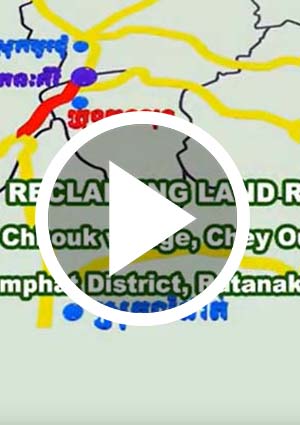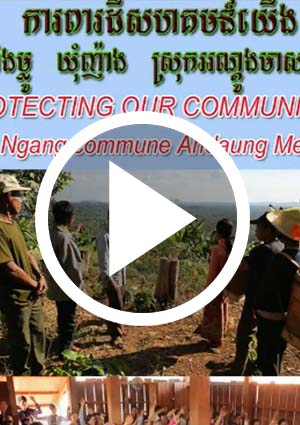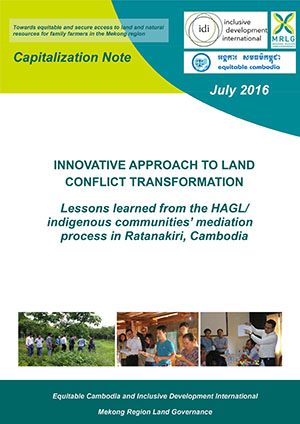Country Study 2:
Somalia - no central government, but still functioning
Somalia is the longest known case in modern times of a country whose central state has ceased to exist for many years. Although Somalia is often said to be a country in chaos and anarchy, a new form of social organization emerged here some time ago. Indeed, many Somalis appear to have adapted well to their country's statelessness.







